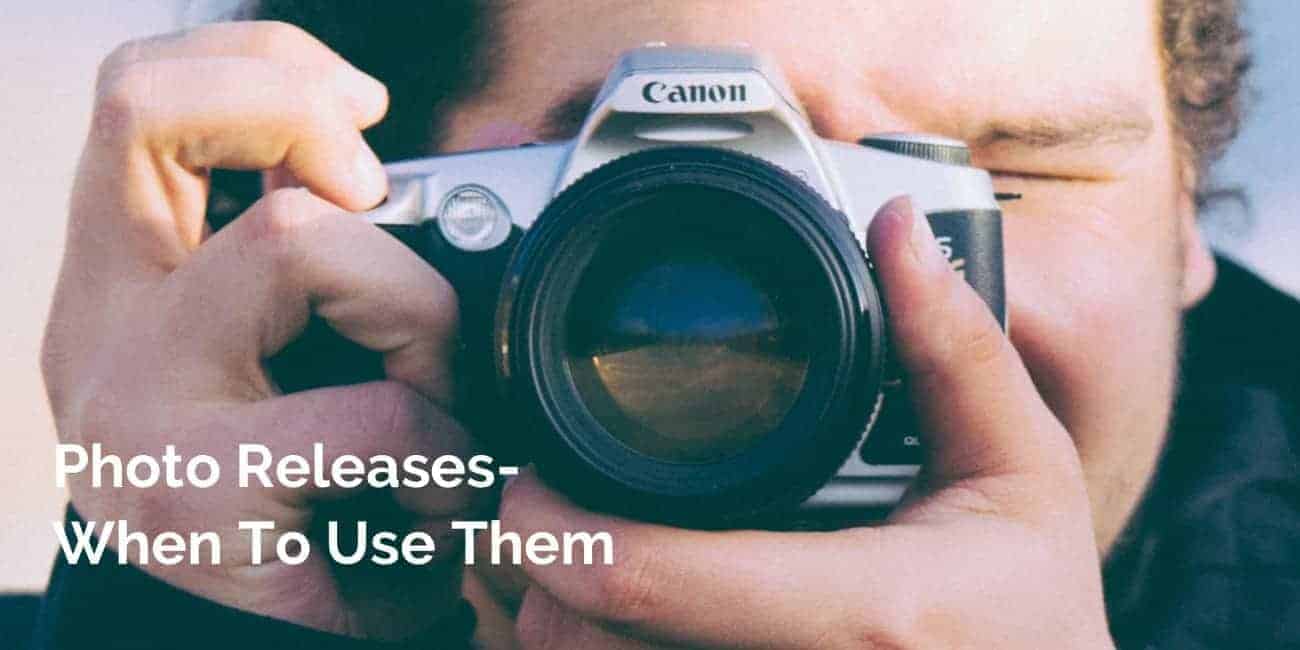
19 Sep Photo Releases- When To Use Them
Almost everyone has a smart phone these days, and with their ever-improving camera quality it’s becoming easier and easier for just anyone to capture a video or picture and use it in professional settings. But just because anyone can do it, doesn’t always make it legal. Photo and video releases are tricky and can be hard to understand, but knowing the basic rules is vital to staying out of unnecessary trouble.
STILL PHOTOGRAPHY
In the U.S., every citizen is guaranteed a reasonable expectation of privacy. This means that if someone is in their home or on private property, that individual has the right to prevent you from taking photos of them. In order to use photographs taken in private settings, you must obtain a photo release.
However, photographs taken in public settings such as public parks and shopping venues are technically legal. Because the subject is forfeiting their right to privacy the minute they step onto public property, you are legally allowed to capture images of them. No one can legally prevent you from taking photos in a public space.
[bctt tweet=”Photographs taken in public settings such as public parks and shopping venues are technically legal. ” username=”mcwmedia”]
Although you may be allowed to take photos as you please in a public setting, it does not mean you can use these photos however you want. Photos taken even in public settings cannot be used for personal product or service promotion, without that individual giving consent.
In the end, it all comes down to intent. If you take a picture with the purpose of using it to promote something or someone, it’s best to be preemptive and acquire a photo release. Better safe than sorry!
VIDEO
The rules on video release forms are very similar to those of photo releases. Like photography, if the video images you shoot are going to be used for commercial purposes, you must obtain consent first.
Shooting a crowd of people in a public area generally will not require consent; however, you cannot shoot video in a public setting then proceed to sell these images. This is classified as an invasion of privacy and is likely to result in an expensive and time-consuming lawsuit.
And again, when shooting at private events or on private property, you must always obtain consent for the images you capture.
Photo and video releases are complex and full of legal jargon. Don’t let the confusing explanations and paperwork throw you off; these easy to remember rules will keep you, and your work, legal and successful! After all this talk of a photo release, we need to make sure you have one to use! Sign up below and we’ll send one to your inbox that you can customize for your business.








